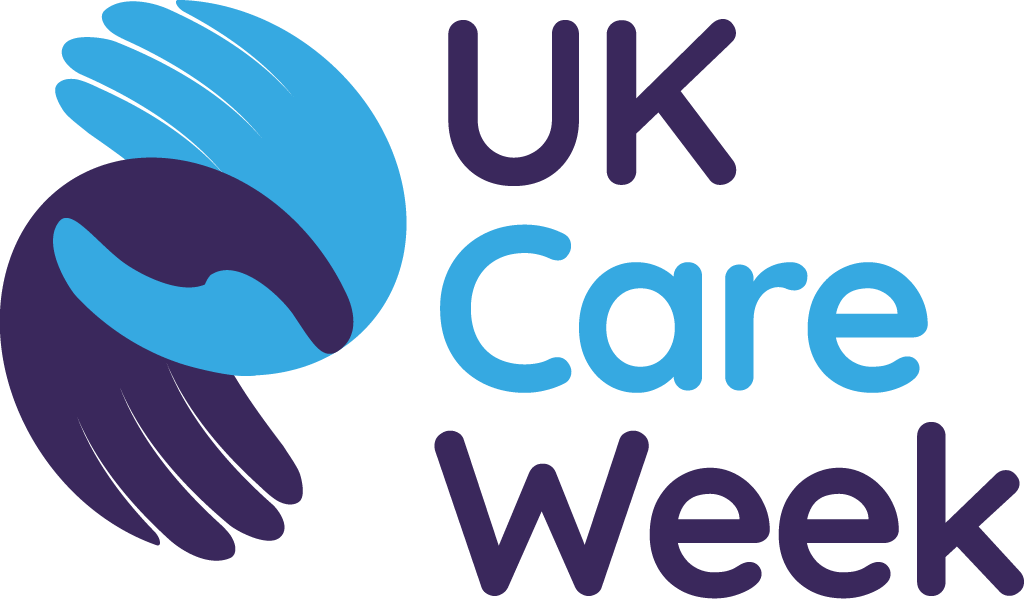How to deal with workplace bullying
)
Workplace bullying is a serious issue in the nursing profession and is a hard daily reality for many nurses that when not dealt with in a correct and timely manner, can have devastating effects on nursing careers and physical and emotional wellbeing.
Nursing is a hard, difficult job done under often extreme circumstances, and it has a significant effect on individual nurses physical, psychological and emotional health.
Knowing this, nurses should act as a support group for each other in an attempt to make a hard job just that little bit easier. Unfortunately, that isn’t always the case, and bullying in the nursing profession can come from all sides, from senior management, from nursing colleagues, from health care assistants and carers, and even patients or their families.
Bullying in the workplace is a complex issue that comes in a wide variety of forms and needs careful handling. The first step is recognising when you or someone else is being bullied and then knowing what to do about it.
The effects of bullying.
Bullying can have serious personal and professional consequences for victims, and in many cases can even ruin lives or careers.
The emotional and psychological strain of bullying can lead to stress, anxiousness, a loss of self-confidence and self-esteem in the short term, and in the long term can lead to a deterioration in both mental and physical health as a result.
Professionally, bullying can cause a significant loss of motivation to work, extended periods of absence and a lack of concentration or due diligence in daily tasks. This in and of itself can cause mistakes to be made, which in nursing can have life or death consequences for patients and serious repercussions for your career.
How to recognise if you are being bullied.
Bullying can come in a wide variety of shapes and forms and can be from an individual or a group, sustained over a long period of time or even just an acute collection of incidents. It can be verbal or non verbal, face to face or even electronic. It is important to remember that anyone can be a bully, and anyone can also be the victim.
Some examples of bullying may include:
-
Overt aggression or rudeness by an individual or group.
-
Actual physical or emotional threats.
-
Actions that are intended to cause embarrassment or distress to an individual.
-
Gossiping or spreading rumours about an individual.
-
Exclusion or victimisation as a result of cliques or groups.
-
Purposely telling lies or spreading false information in formal and informal complaints.
-
Formal and informal workplace sanctions.
This list is far from comprehensive, it just serves to illustrate the wide variety of forms bullying can take.
What to do if you are the victim of bullying in the workplace.
Remember that there is never an excuse for bullying.
Often bullying within nursing is openly ignored, sometimes in the worst cases even tolerated, due to the long-standing culture within both the profession or the workplace. In many cases it is even executed by those who should be putting a stop to it, leaving the victim with seemingly very little choice in what to do. It is essential to remember that there is never an excuse for bullying in any circumstances or under any conditions.
Remain professional.
If you are feeling bullied try and take a step back and reflect on the situation. Bullies will often look for a rise out of you, so don’t give them one. Stay calm, stay relaxed and focus on your job. Look after your patients and do your job to the best of your ability. Bullies in nursing will often attack your work if they can’t get to you personally, so make sure you don’t give them any ammunition to get you with.
Talk to the person or persons instigating the bullying.
The next step, if you feel comfortable doing so, should be to try and deal with it informally. Talk to the person involved and explain how their actions are making you feel. There is always the option to have someone accompany you at this stage, or even have a sit down with a mediator if you do not feel comfortable talking to them alone.
Record everything.
There is an old saying in nursing if it isn’t written down, it didn’t happen. So apply that work ethic to this situation as well. Every time you are bullied just make a note of it in a little pad. Note down dates, times, if there were any witnesses, what happened and how it made you feel.
Get higher help.
If talking to your bully or bullies doesn’t work, or you feel that it isn’t an option, which is perfectly valid too, then you need to speak to someone who can help. In some cases, this may be your direct line manager or management themselves, or if they are the problem or can’t help, then you can call your companies human resources department. All companies will have a policy on bullying and will have a procedure set down with an escalating list of people you can go to for help or advice.
Remember, there is never any excuse for bullying under any circumstance. You are working in a caring profession to try and deliver the best care you can to your patients. Don’t allow bullying to stop you or hinder you in that pursuit.
For more information head to https://www.gov.uk/workplace-bullying-and-harassment



